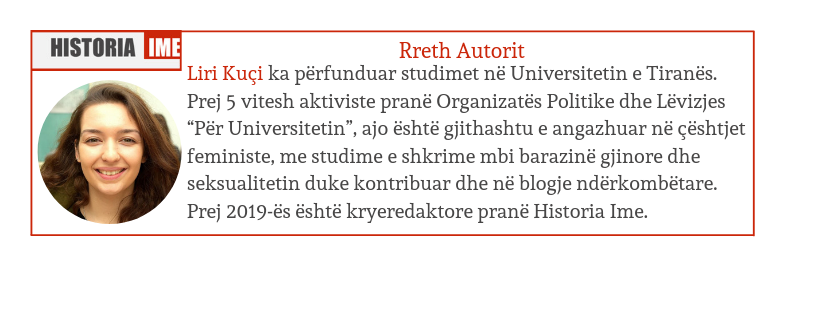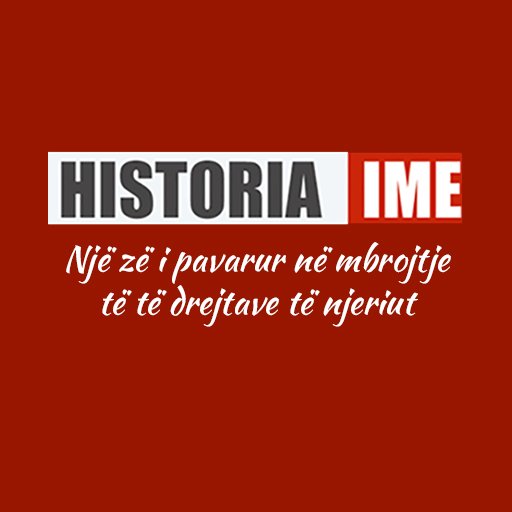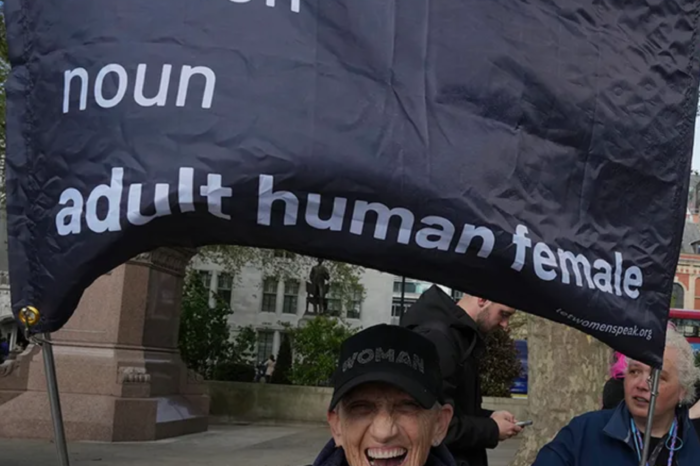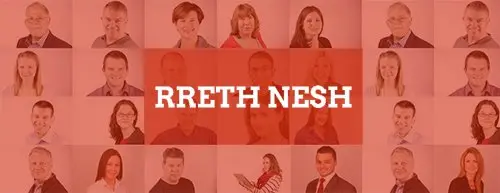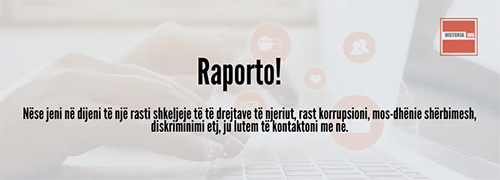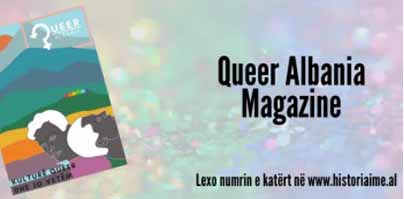Interview with Marije Cornelissen about the political situation and LGBTI community issues in Albania
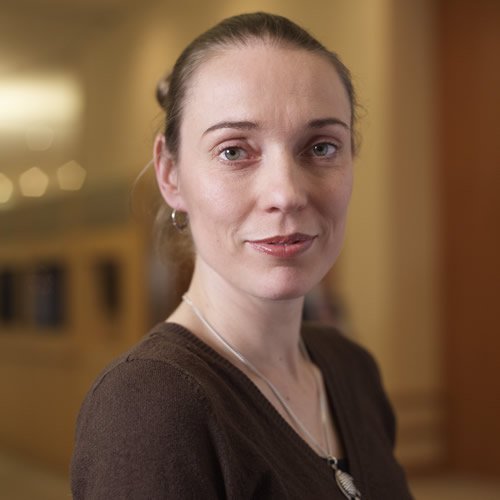
(Second Part )
I would like to know your opinion regarding The Netherlands’ request to return the VISA regime for Albania
I think it would be a really, really bad idea because the ones who are going to be the most affected, are mainly students, people from NGO’s, travelers and people who really want to see the rest of Europe and to interact. It will very probably not stalk the people involved in organized crime from getting out, they will do so anyway. So I don’t think it will solve the issues, on the other hand there is of course a problem with the number of Albanian trying to come in to Germany, The Netherlands, France mainly to ask for asylum, which they have no chance of getting it, unless they have a good reason like being persecuted for instance being LGBTI+, but also the solution is of course not to end the peace of free travel. The solution is to help Albania on its way to the EU and on its way to the economic development, so that young people won’t have the need to come to Western Europe and to find a future. We need to make sure that there is a future to be had for everyone in Albania.
Is it the best and only way to show to the Albanian government that they are not doing enough against the organized crime and is it a decent reason to punish Albanian society by returning the VISA regime with The Netherlands?
I think it’s again very much meant only for the Dutch voter public, who hear about the Albanian organized crime. Some years ago, it was actually Bulgarian organized crime the thing that was mentioned in the press and a lot of people reading that, take this over and you think that politicians would be smarter than that and not wrong with it. And also see what has happened because Albania is changing really fast and reforming quite a bit and I know that the cooperation between Dutch police and Albanian police is getting better and better and quite a number of organized crime figures have been arrested, so that is, of course, the way that you need to go is to work with Albania to arrest these figures in organized crime and not punish normal people, students or anyone else.
Was it your first time being in Tirana Pride? I would like to know your impressions about the organization and the atmosphere here?
I was in Tirana Pride this year for the first time, which was absolutely marvelous. I’ve already been to Belgrade Pride, Zagreb Pride and quite a number of others, but not in Tirana yet. What I found really wonderful is that it was a festive Pride, well-organized and everybody felt completely safe, which has been different from some other Pride which I have been visited throughout the years. Also, are quite a lot of community members and at the end should be the party of the community in the country itself, not the police and internationals. So, Albania is now getting to that level, which is such a good sign. If I compare now with 2009, the first year that I have visited Albania, the difference is so huge even that it seems that for only one year the development steel feels like is going fairly slow, but I have seen in over 10 years and it is incredible what this country can do, or what that people have been able to do even with politics not always as it should be.
What would be your message towards the LGBTI+ community in Albania?
Perhaps to engage more politically, because the advocacy is now done by some of the professional activists and most of the community is for now just happy to feel safe somewhere. So from what I’ve gathered, not many of them are vocally expressing their opinions and needs and reaching out to others, also outside of Tirana. So this is the project we are working on now is to try to get municipalities to start working on these issues. They need to start to empower the LGBTI community people outside of Tirana. So I am thinking that these people in Tirana should try to make an effort to reach out and empower their colleagues outside.
What about self-acceptance and the need to be integrated into society as equal among others?
From research done by the National Democrat Institute on 2015, Albania is still one of the most conservative populations of Western Balkans, Kosovo is worst, but I’m very convinced that this can change and it should not be that difficult. There is a long tradition in Albania of taking care of others, on offering hospitality and support and if you offered that to some then why not offering it to LGBTI persons who deserve protection, help, and support as much as anyone else does. So I am sure that Albania is very capable of changing and accepting. So, we have to give them incentive and information to start doing so and during this project, we have already seen that the change is happing in the people that we work with. In municipalities we have seen that there is a group of people very willing to work on these issues, who have also gone through their own process of starting their acceptance, learning new things and becoming open. And if they can do this, why not everyone else?!
Here you can find the first part of the interview.
